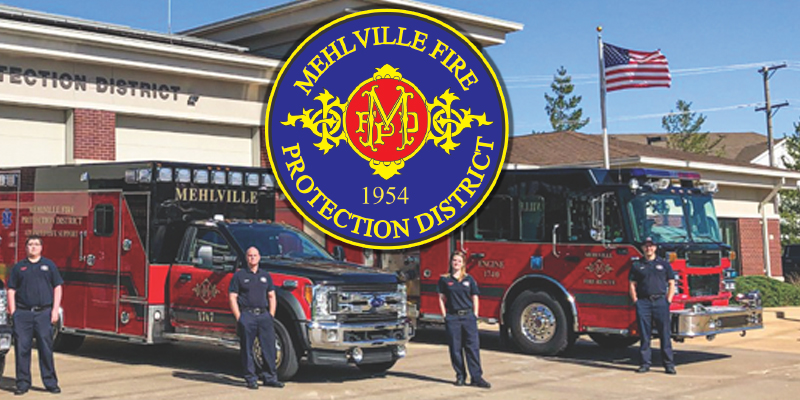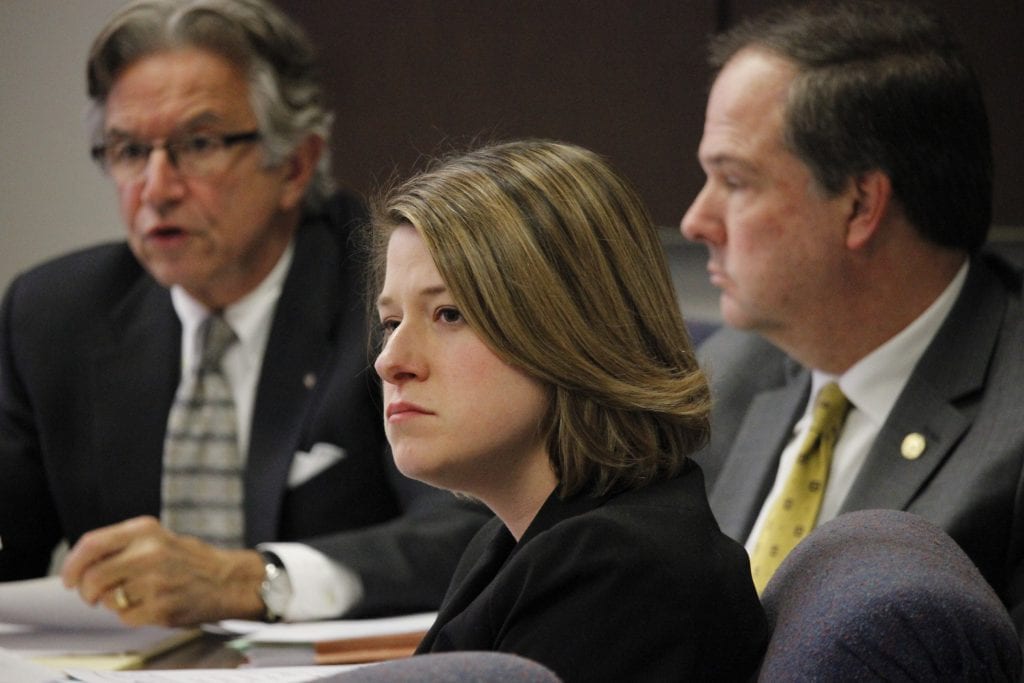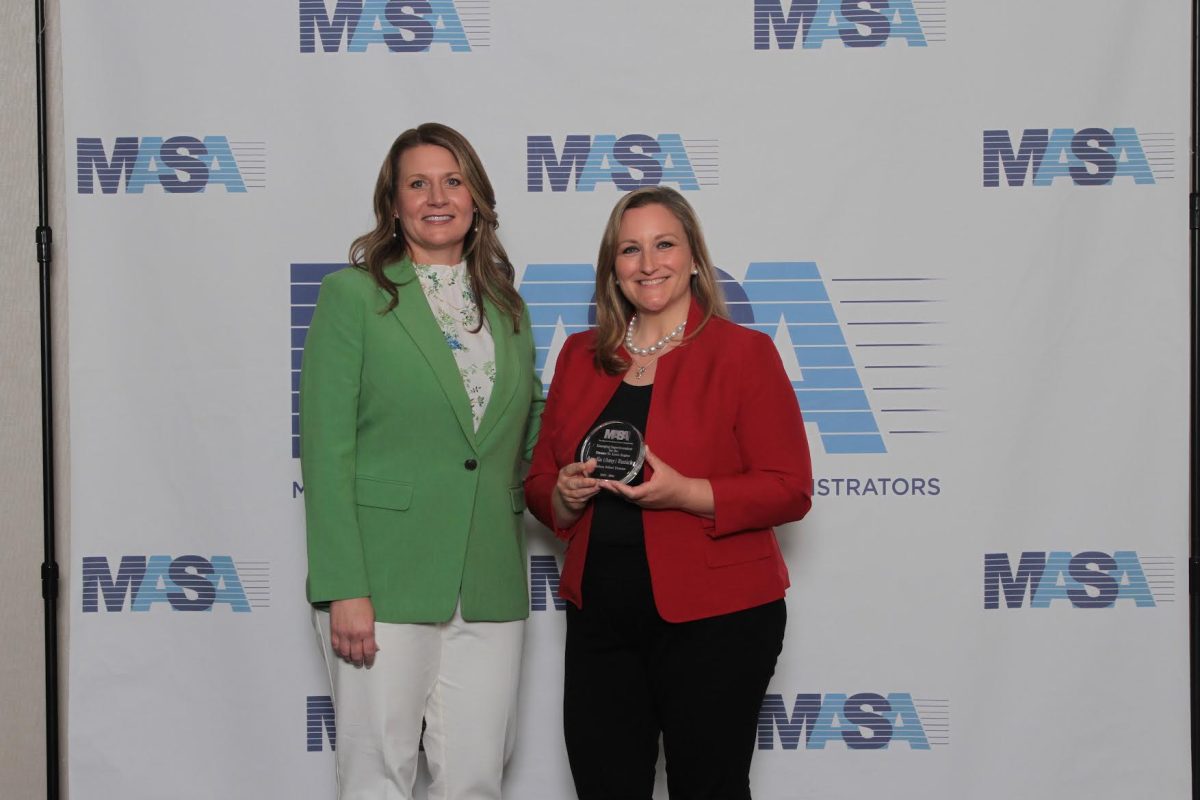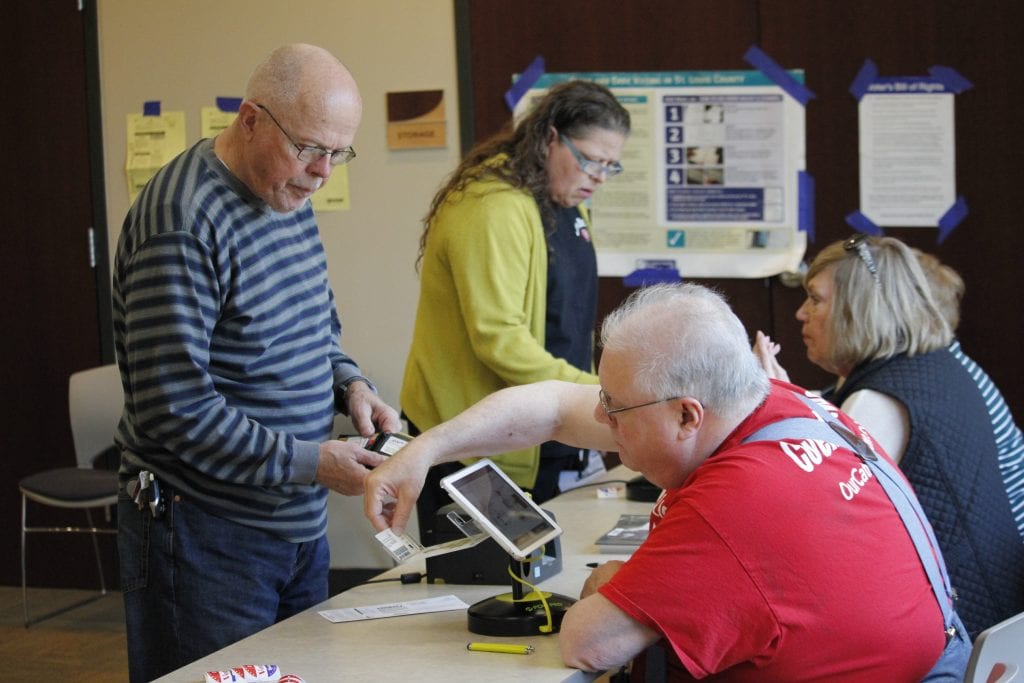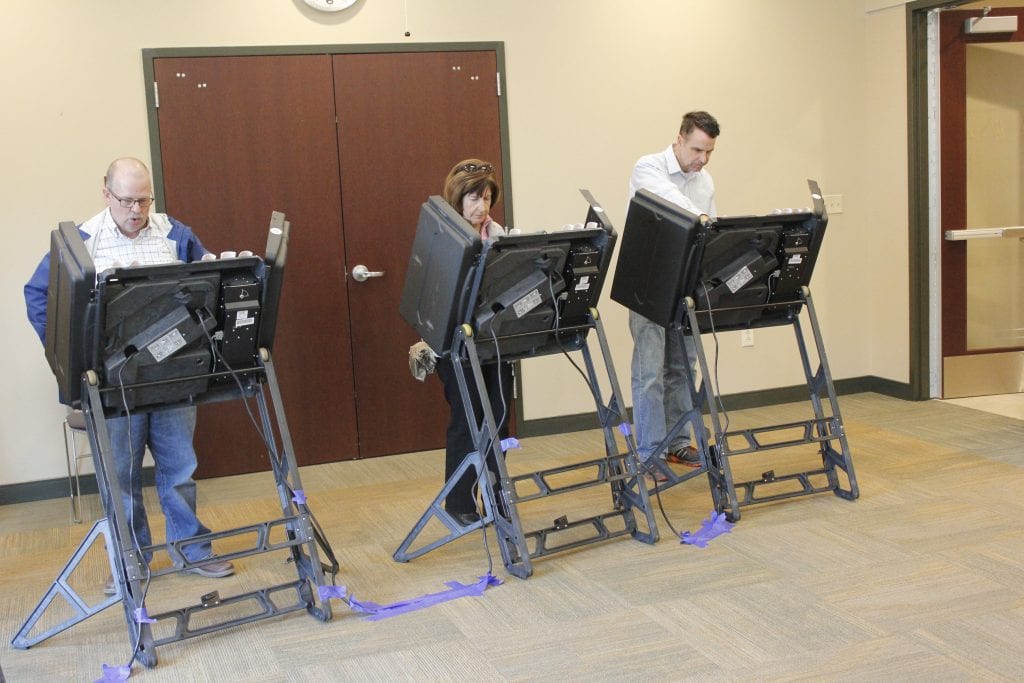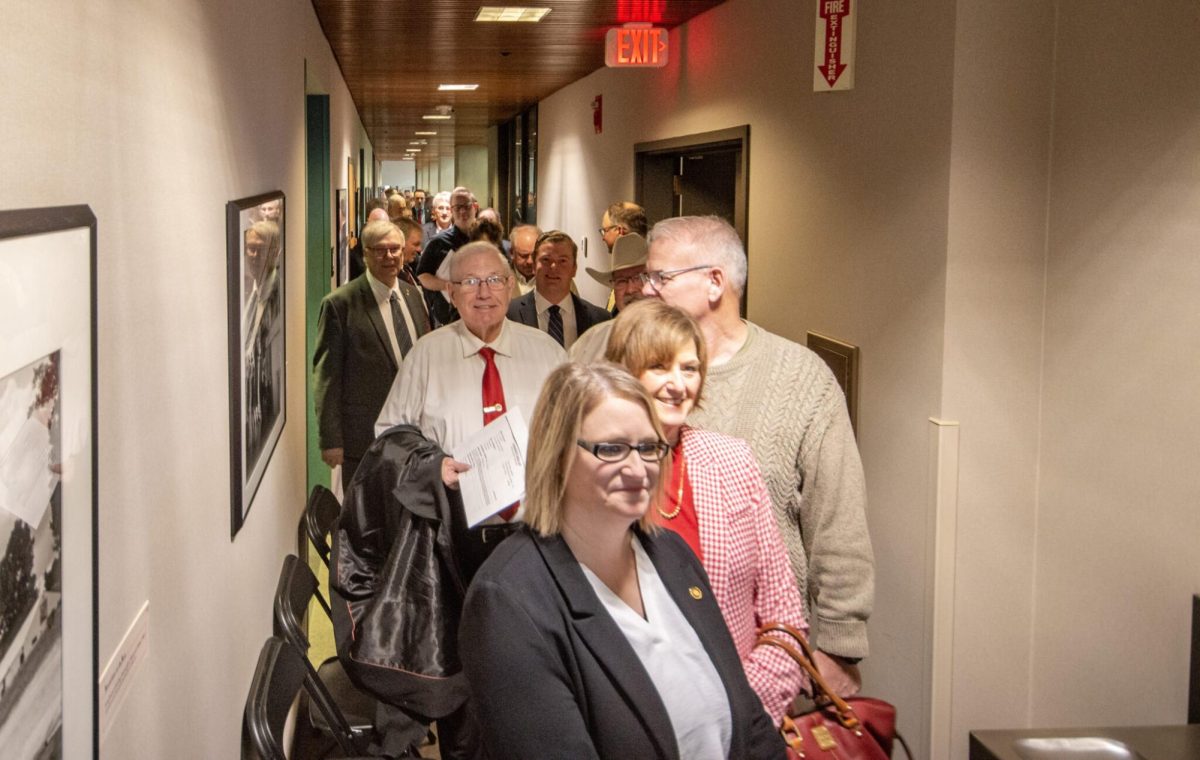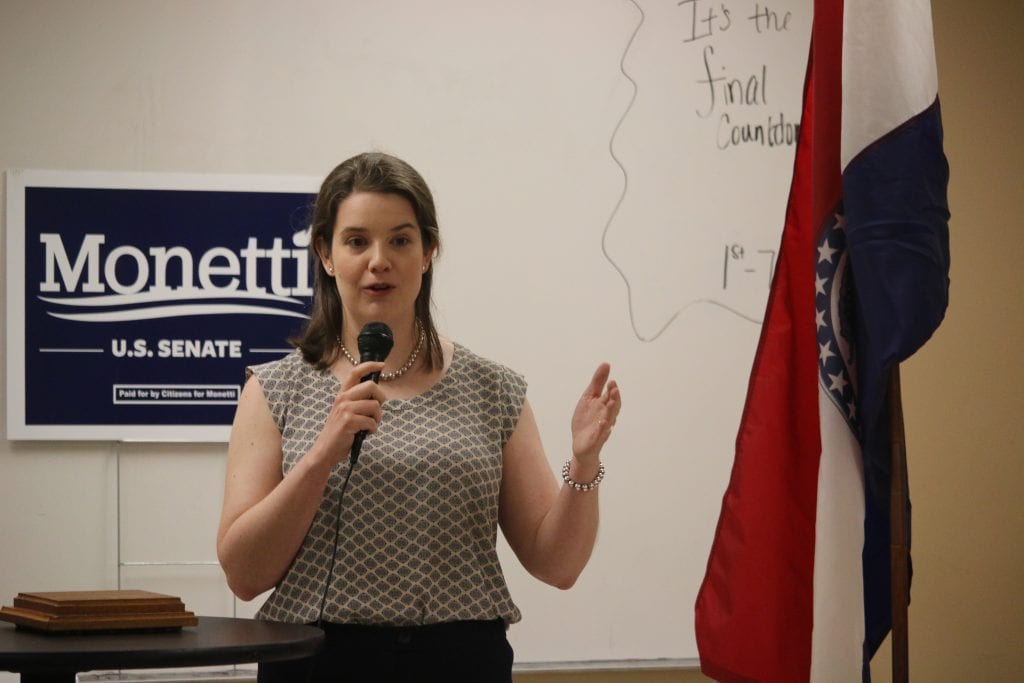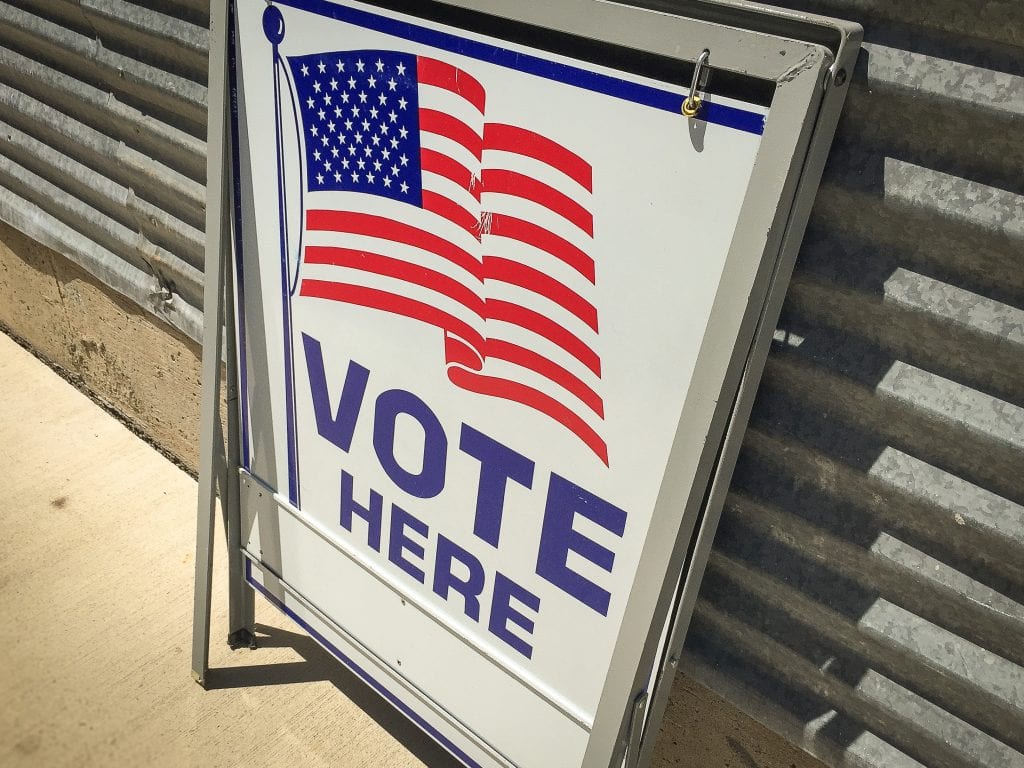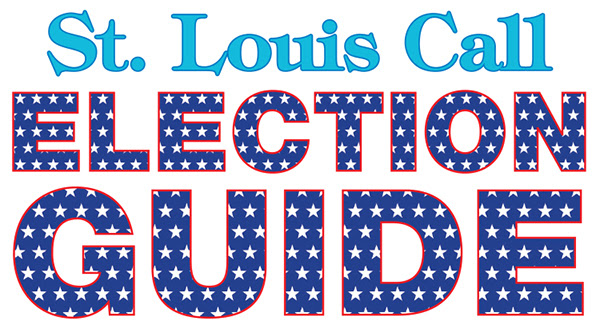Voters in the Mehlville Fire Protection District will vote on a 20-cent tax rate increase in the Tuesday, April 5 election.
The Board of Directors approved placing “Proposition 1,” a 20-cent tax-rate increase, on the ballot to combat the $3 million deficit. The district has not asked for a tax increase since 1989.
If passed, the tax rate increase would generate an extra $6.2 million in revenue that would let the district address the deficit, while keeping the district at the lowest blended tax rate in St. Louis County. The 2021 blended rate is 60 cents per $100 of assessed valuation.
The tax rate increase would also provide funds to begin replacing the No. 6 and No. 7 fire engine houses.
“We continue to face financial challenges from many directions. … Our 2022 budget reflects that expenses are going to exceed revenue by over $3 million, so we’re utilizing $3 million of our reserves. … Our preliminary five-year projection forecasts that by the year 2027, our deficit will be close to $7.5 million,” Chief Financial Officer Brian Bond said.
If passed, the increase would cost the owner of a $250,000 home about $95 a year, or around $7.92 a month.
In addition to addressing budget shortfalls as well as facility needs, Bond said the tax rate increase could help district staffing handle calls. Since 2010, the volume of emergency medical services calls for assistance to the district has increased 53 percent, with call volumes increasing approximately 5 percent each year.
Chief Brian Hendricks said for the district to continue its same level of service, the community would have to help by voting in favor of the ballot measure.
“We’ve been very responsible with the tax dollars, we don’t take them for granted … and Prop 1 is going to give us the ability to continue to provide the top-notch service that citizens have grown to expect,” Hendricks said in a video from the fire district. “We know that the needs of the community are going to increase and Prop 1 is going to give us the tools to meet the critical needs of the community. If Prop 1 fails, our ability to address increased call volume … we’re not going to be able to meet those needs.”
At the January meeting when the board approved the measure for the ballot, Chairman Aaron Hilmer said district policies have allowed it to absorb some costs, but COVID accelerated costs exponentially, putting the district in the position of having to ask for a tax increase.
“Unfortunately it’s kind of the situation we’re in,” Chairman Bonnie Stegman said.

















